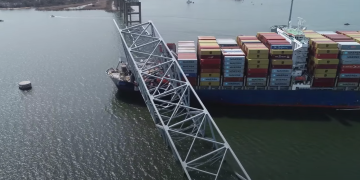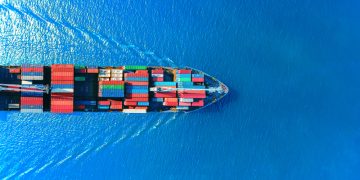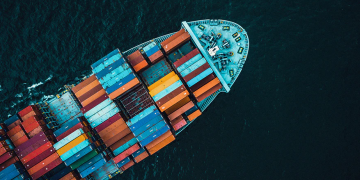UNCTAD releases Review of Maritime Transport 2014
World seaborne trade grew by just 3.8% in 2013 Reflecting stumbling growth in the world economy, world seaborne shipments grew by an average of just 3.8 per cent in 2013, taking total volumes to nearly 9.6 billion tons, UNCTAD'sReview of Maritime Transport 2014 reports.Much of the expansion in seaborne trade was driven by growth in dry cargo flows, in particular bulk commodities, which grew by 5.6 per cent, the Report says. Meanwhile, world container port throughput increased by an estimated 5.6 per cent to 651.1 million twenty-foot equivalent units (TEUs) in 2013.The new report also reveals that the size of the world fleet reached a total of 1.69 billion deadweight tonnage in January 2014, following 4.1 per cent growth in 2013. Bulk carriers accounted for 42.9 per cent of the total tonnage, followed by oil tankers (28.5 per cent) and container ships (12.8 per cent).This rate of growth was lower than that observed during any of the previous 10 years, and the trend in early 2014 suggests an even lower growth rate for the current year, the Report says. The slowdown reflects the downturn of the largest historical shipbuilding cycle, which peaked in 2012.As for future vessel deliveries, during 2013, ...
Read more























































